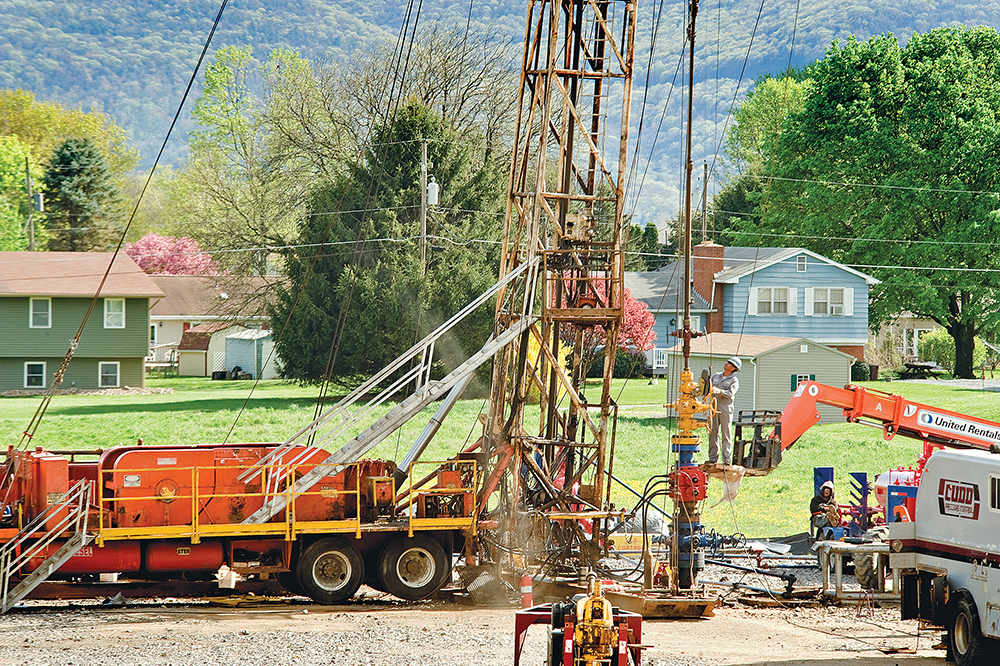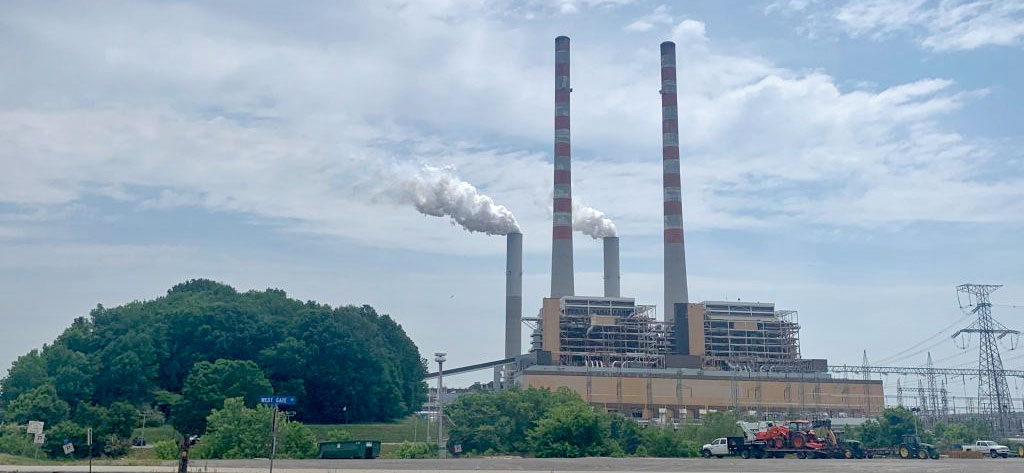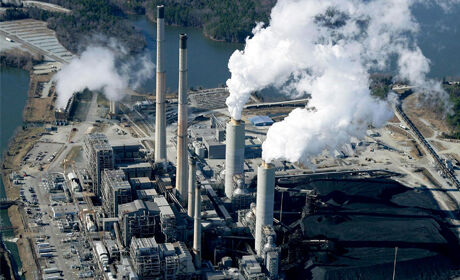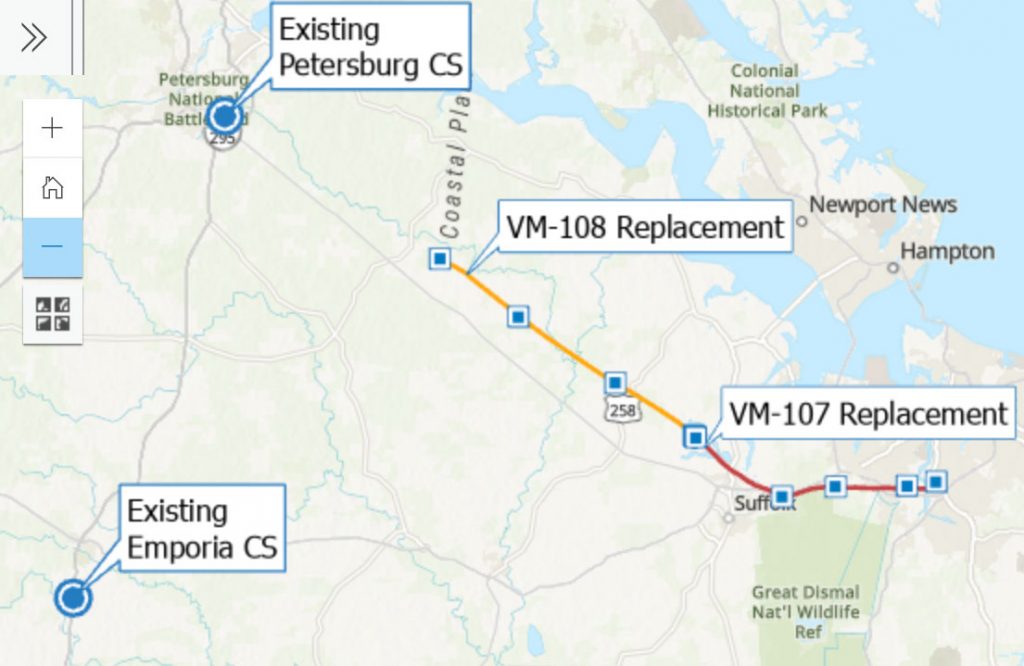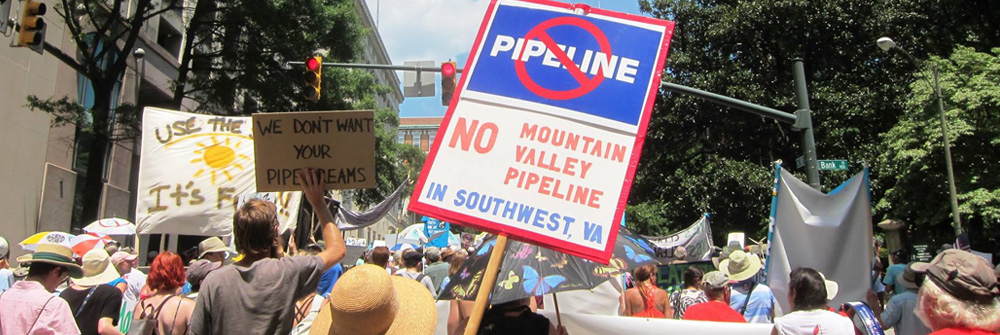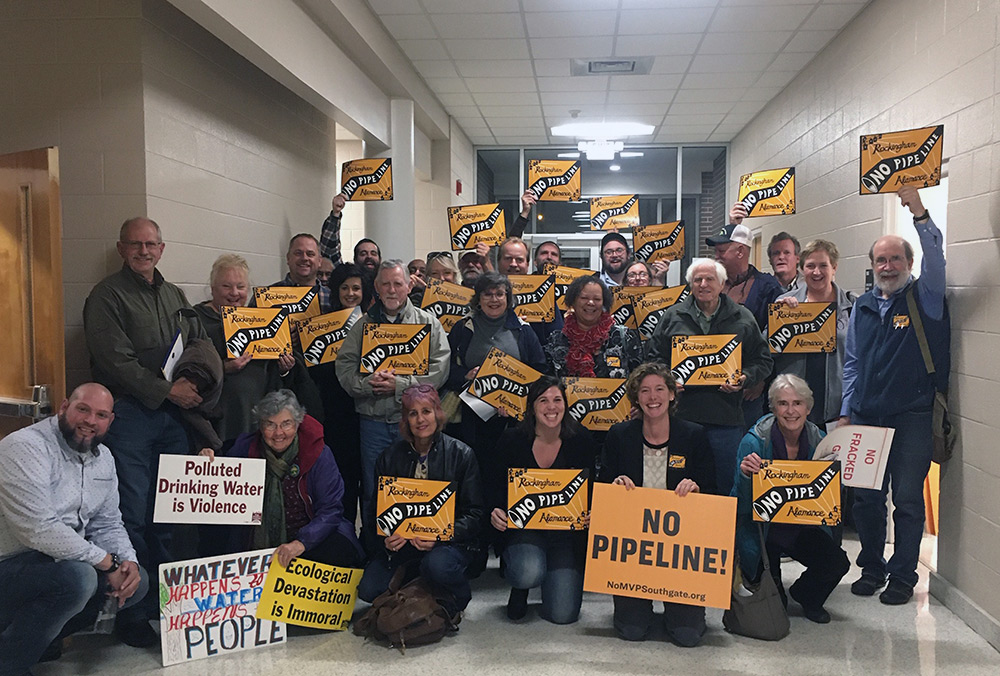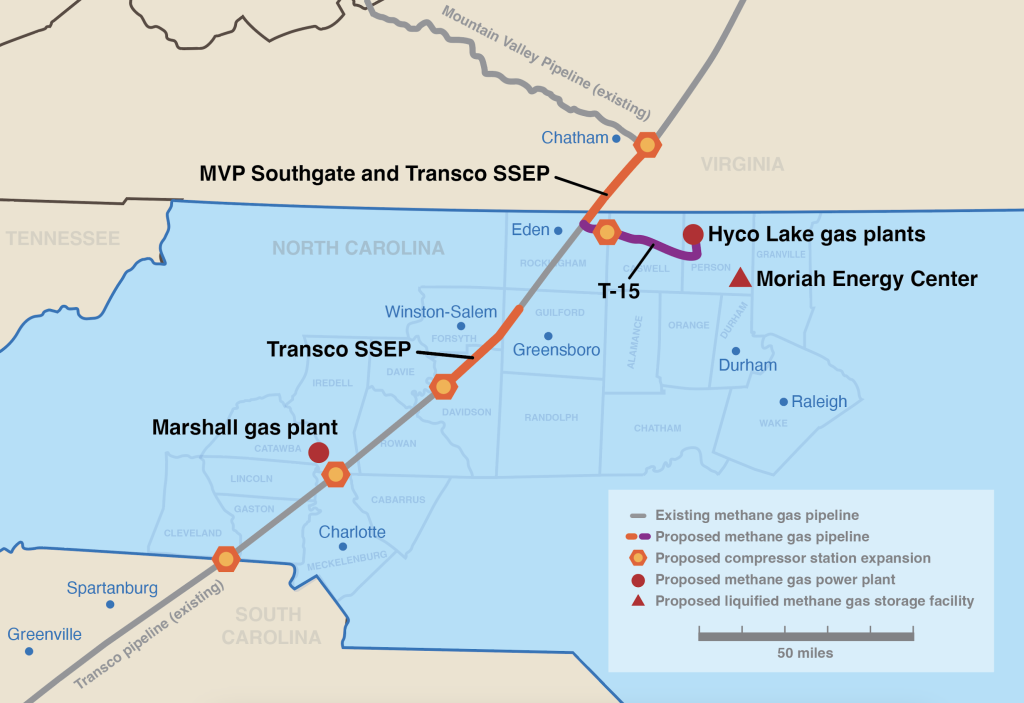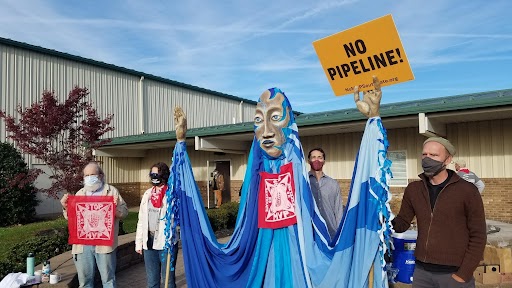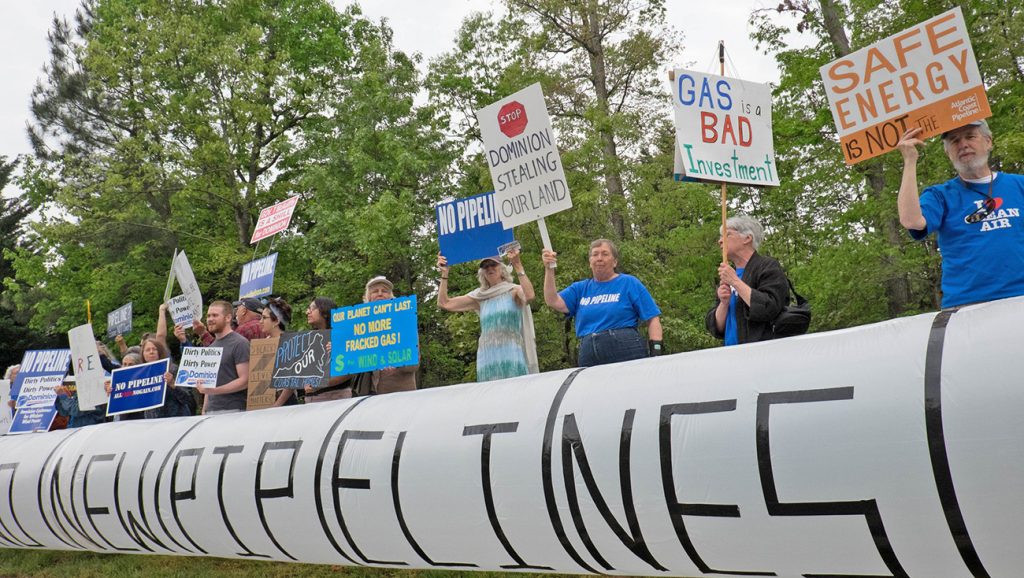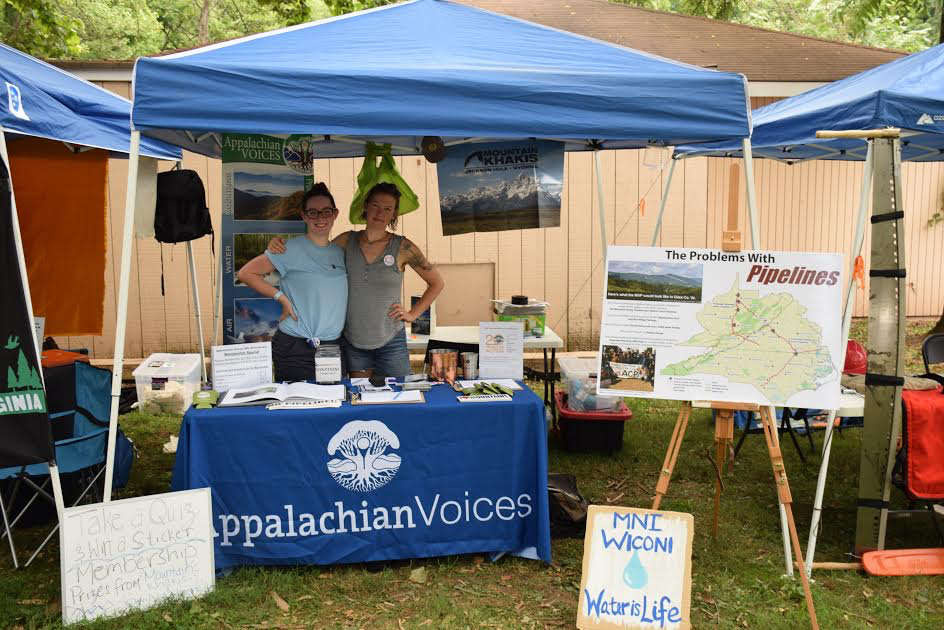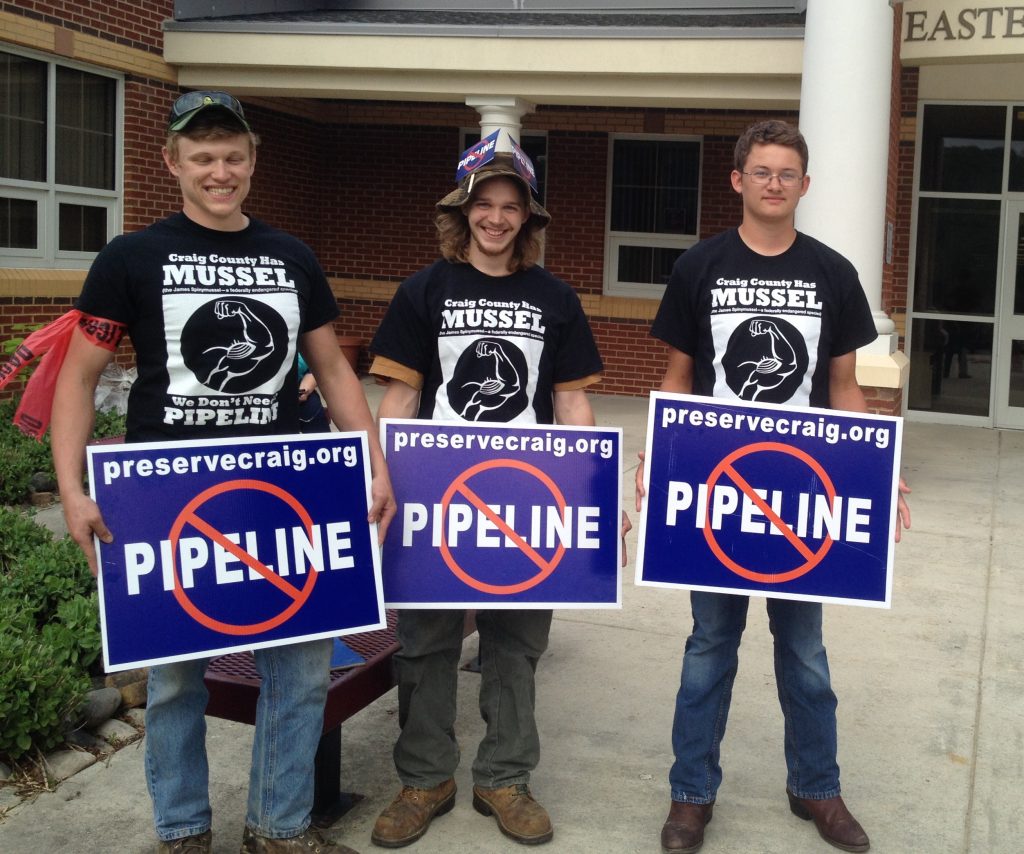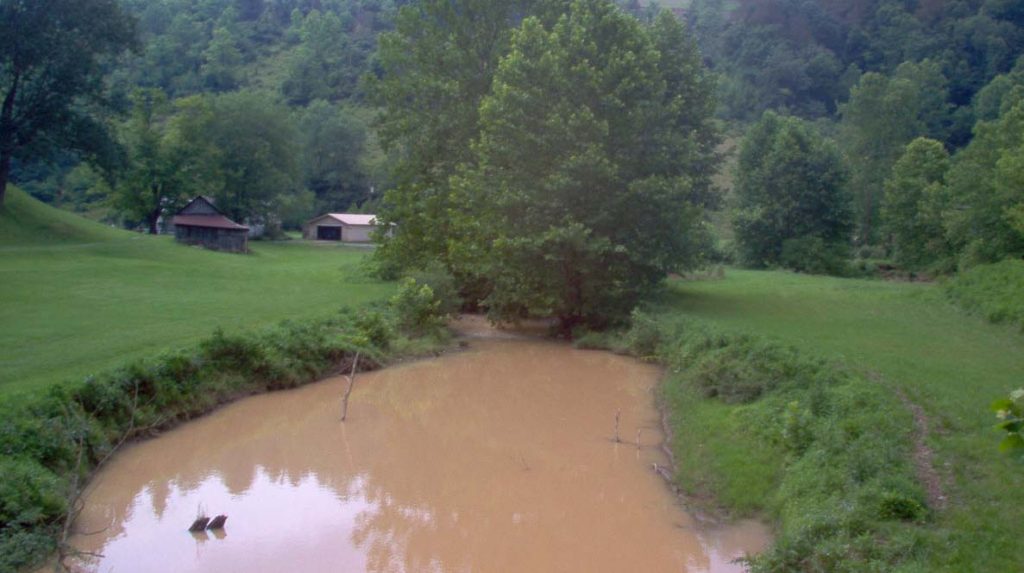Stop Pipelines & Fracked Gas

Photo By Sierra Shamer / Fractracker
Two decades ago, so-called natural gas exploded on the American energy market, pushed by the industry as a supposedly clean “bridge” fuel to transition the economy from dirty coal to renewable sources of electricity generation like solar and wind.
But this gas is far from clean. From the time that it is extracted using a destructive drilling method called fracking, its transport through pipelines, train cars and trucks, to the power plants where it is burned, the dire environmental and human costs of this fossil fuel are now abundantly clear. In particular, this polluting infrastructure is often sited in communities of color, lower-income areas and other environmental justice communities.
Studies show that investments in renewable energy and energy efficiency are on par with, or sometimes more affordable than, building new gas infrastructure. Many states are enacting policies to tap into the rising solar and wind sector. Yet the fossil fuel industry is rushing to build methane gas pipelines and power plants to squeeze as much profit as possible out of the waning fuel, putting most of the financial risk on customers.
Appalachian Voices is tackling the spread of fracked gas head-on by legally challenging fossil fuel proposals and pushing back against the antiquated policies and rubber-stamping agencies that govern the development of gas infrastructure. We are also partnering with communities in the fight against new fossil fuel infrastructure, providing resources and training to bolster local opposition. And we are pressuring decision-makers to force them to consider the harm to communities threatened by polluting energy development.
And the tide is starting to turn. In July 2020, Duke Energy and Dominion Energy canceled the 600-mile Atlantic Coast Pipeline. The massive fossil fuel project was riddled with problems, starting with the fundamental fact it was not needed to meet energy demand. Standing beside the many communities and organizations that made this historic victory possible, we’re taking this momentum and applying it toward the fight against other destructive, climate-harming projects that threaten community safety, our clean air and water, and that would raise electricity costs for residents.

Latest News
The fight against the Atlantic Coast Pipeline is not over
As expected, the Federal Energy Regulatory Commission recently gave a glowing review to the Atlantic Coast Pipeline, overlooking the threats to wetlands, forest, drinking waters and indigenous populations along the pipeline’s proposed route.
A summer of learning and organizing against pipelines
This is the last day of my internship with Appalachian Voices. But even though my formal time here is over, I plan to continue fighting for clean water.
Groups blast FERC findings on Mountain Valley Pipeline for fracked gas
Contact information for those quoted provided below. A…
Water Quality Permits and the Pipelines
On May 24, Virginia’s state environmental regulatory agency conceded that information it had provided about how it would evaluate the potential water quality impact of two natural gas pipelines was inaccurate.
Groups challenge W.Va. certification for proposed Mountain Valley Pipeline
Contact: Gabby Brown, Sierra Club, gabby.brown@sierraclub.org Peter Anderson,…
Atlantic Coast Pipeline is far from a done deal
In a classic “fake news” move, Dominion Resources execs held a tele-press conference yesterday where they basically said the Atlantic Coast Pipeline is a done deal. But at least 25,000 people across W.Va., Va. and N.C. are demanding answers, such as: Is this pipeline even needed?

